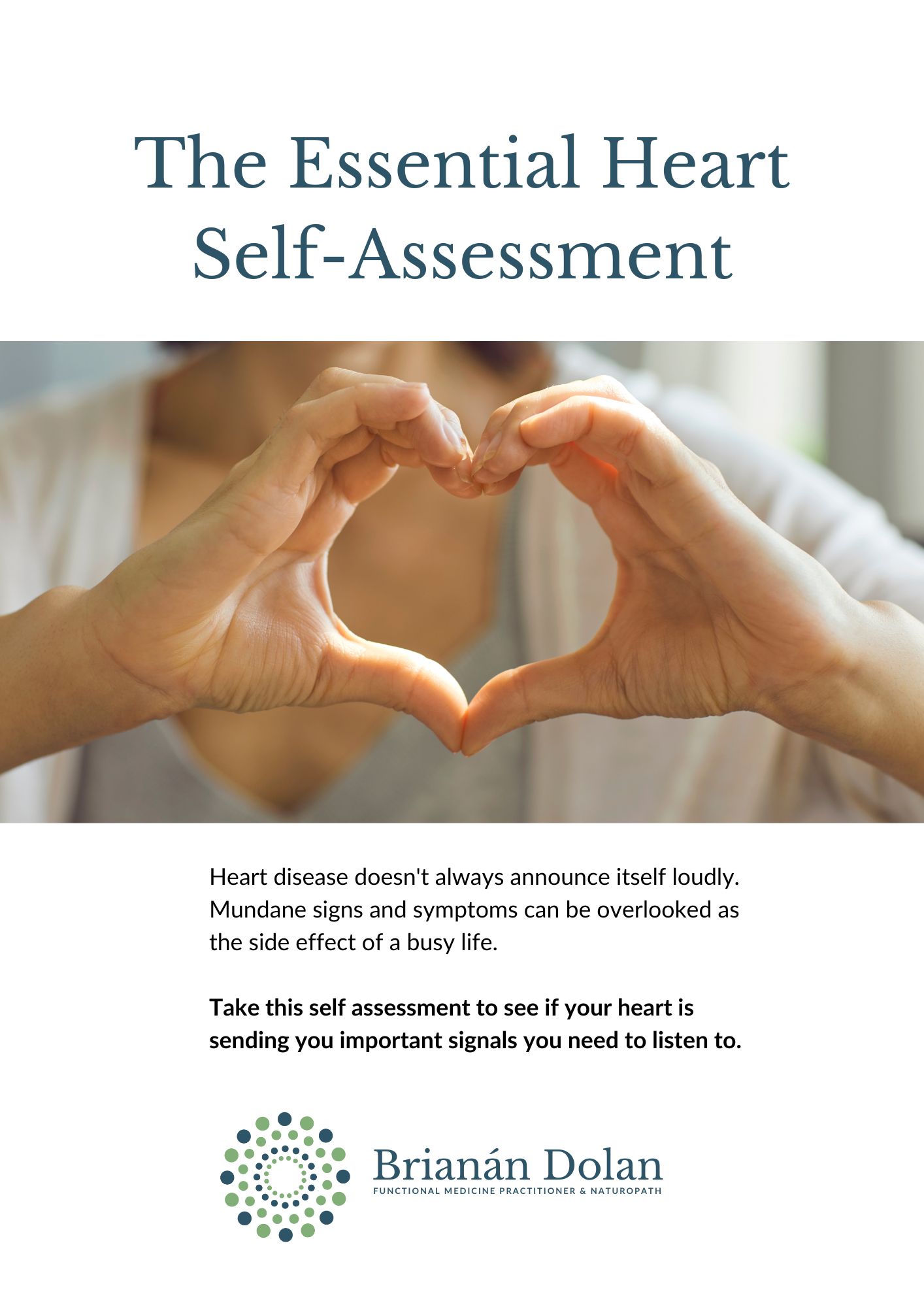‘There is no passion to be found in settling for a life that is less than the one you are capable of living’
Nelson Mandela
These words resonate deeply when it comes to our health. Yet so many people settle for less. For lower quality of life, accepting fatigue, brain fog, lack of focus and so many other compromises while it doesn’t need to be the case. When you’re proactive and make informed decisions about your health, you get to live that life you are capable of.
Today, I want to ask you a crucial question:
Do you know your metabolic numbers?
- Waist measurement
- Triglycerides (the fats in your blood)
- Cholesterol levels
- Blood sugar levels
- Blood pressure
Waist measurement
Firstly, let’s talk about your waist measurement. Are your clothes feeling snug? Do you notice excess belly fat hanging over your jeans? These could be signs of insulin resistance, a condition where excess fat accumulates in the pancreas, disrupting blood sugar control.
Related: Love Handles and Your Heart Health
Triglyceride levels
These are the fats circulating in your blood.
Cholesterol levels
What about your cholesterol levels? This includes total cholesterol, HDL (good cholesterol), and LDL (bad cholesterol). Additionally, knowing your HbA1C levels, reflecting your average blood sugar over three months, is crucial. Ideally, aim for Glycomark, a two-week measure of blood glucose levels.
Blood pressure
Don’t overlook your blood pressure either. Is it above 120/80? If so, it’s essential to take action.
Understanding Metabolic Syndrome
Having just three elevated markers could signify metabolic syndrome. This condition increases the risk of heart attack, stroke, type 2 diabetes, and non-alcoholic fatty liver disease. Shockingly, a study by Oxford University in September 2023 revealed a 15% increased risk of dementia associated with metabolic syndrome—a condition that develops over several years.
There is a 15% increased risk of dementia associated with metabolic syndrome.
Oxford University Study in September 2023 (Click here to read this study)
Reversing Metabolic Syndrome
The good news is, metabolic syndrome is reversible. Lifestyle factors play a significant role, including diet, physical activity, sleep patterns, stress management, and inflammation reduction. While belly fat may be visibly noticeable, other markers require blood tests for detection. Like I always say – You need to know what’s going on under the hood.
For women, menopause brings an equal risk of heart attack as in men, without the protective effects of estrogen. And while statins have their place post-heart incident, their indiscriminate use for elevated cholesterol may increase the risk of diabetes.
Related: Taking Charge of Your Heart Health: A Personal Journey
For men, it’s crucial to understand that cholesterol is vital for neurotransmitters and sex hormones. Statin use can impact both, affecting libido and potentially leading to erectile dysfunction.
Investing in preventative health measures sometimes means a financial commitment. Standard tests may overlook crucial markers indicative of arterial damage, such as small particle LDL and homocysteine. I can’t emphasise strongly enough to seek comprehensive testing for a holistic view of your heart health.
Knowing your metabolic numbers empowers you to take proactive steps towards optimal health. Don’t settle for less when it comes to your well-being. Invest in understanding your body, making informed choices, and embracing a lifestyle that supports vitality and longevity.
Prevention is always better than cure.





